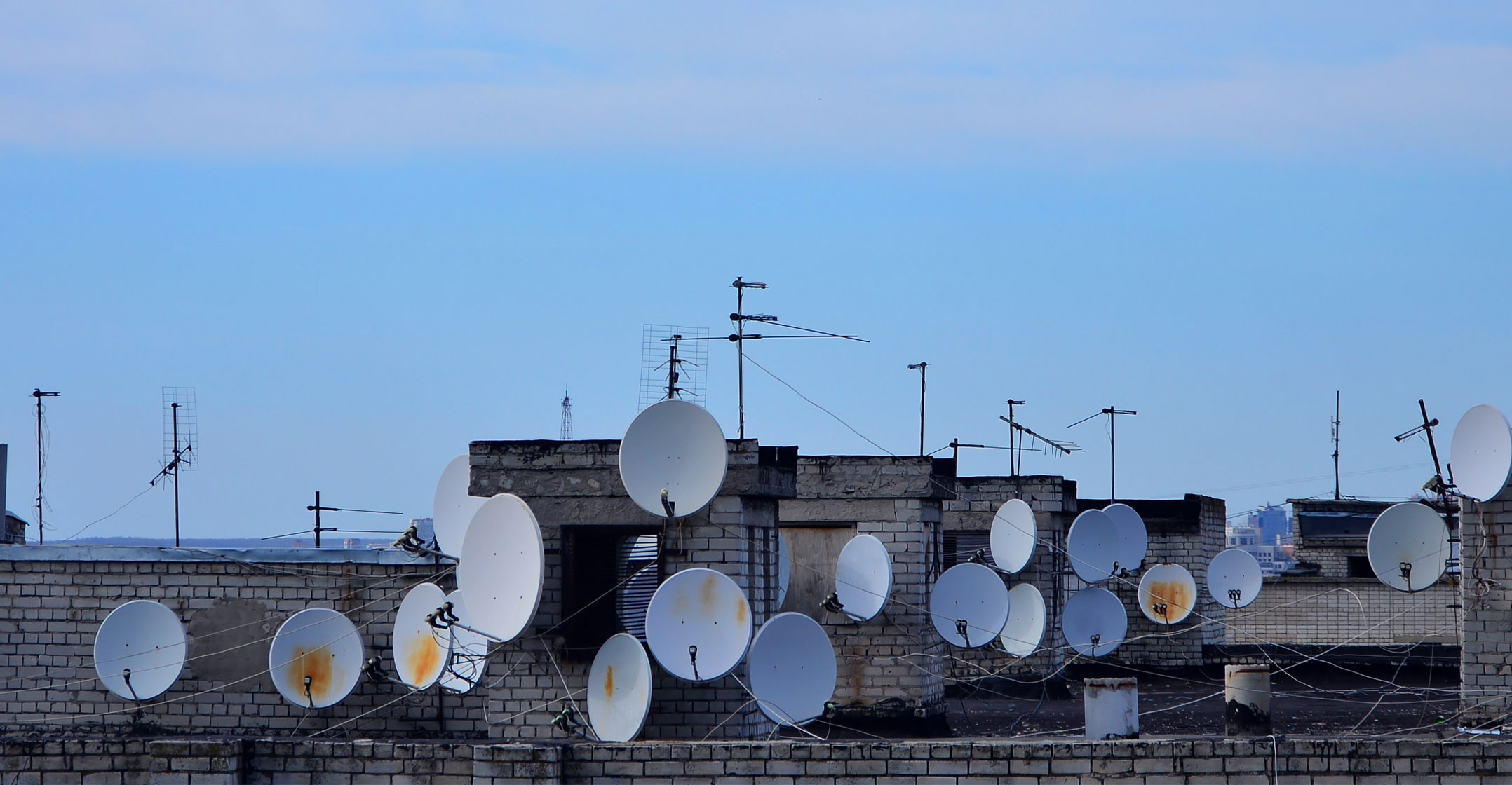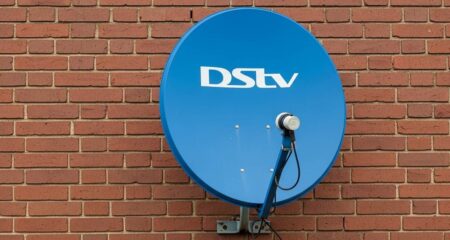 South Africans are increasingly choosing streaming television entertainment over satellite services, Ellies Holdings said on Friday, blaming this in large part for the group swinging to a full-year loss.
South Africans are increasingly choosing streaming television entertainment over satellite services, Ellies Holdings said on Friday, blaming this in large part for the group swinging to a full-year loss.
The company, which has traditionally had a big focus on satellite dishes and aerials, said in a trading statement that it expects to report a full-year headline loss per share to end-April 2022 of between 6.49c and 7.77c. That compares to earnings per share in the 2021 financial year of 9.19c. Revenue is expected to decline by 10.8%.
“The primary reason for the reduction in revenues and the resultant losses … is the decline in the satellite installations business together with the repeated disruptions in the global supply chain because of China’s Covid-19 lockdown policies,” Ellies told shareholders in a regulatory filing.
“Satellite dish installations have continued to show a declining trend over the past several reporting periods due to increased competition from streaming alternatives, which are gaining momentum in the local market.”
This was exacerbated in the latest financial year by an intermittent shortage of decoders. These weren’t available for a cumulative three months due to the global shortage of microchips, Ellies said.
“During the initial lockdown restrictions, MultiChoice (the parent of DStv) was deemed an essential services provider and partnered with Ellies to continue delivering its services, which resulted in a surge in new subscriptions as people were homebound. Subsequently, as Covid-19-enforced lockdown restrictions eased, demand for new subscriptions has tapered off,” it said.
Repositioning
“Due to the continued lower demand for satellite TV offerings, the group has decided to focus on repositioning and widening this category towards a product and service offering focusing on the smart home and internet of things (IoT). The refocused strategy leverages the current Ellies offerings around alternative energy, connectivity, IoT and streaming products for the home and business, and the change in strategy necessitates a reorganisation of the business model. The group is further engaged in a process of considering potential acquisitions to accelerate this growth.”
Other factors that weighed on the business in the past financial year included the July 2021 violence and looting in KwaZulu-Natal and parts of Gauteng. “In addition, South Africa’s weak economy, exacerbated by record and growing unemployment and the more recent fuel price increases, had a material adverse effect on the demand for the group’s products and consumer’s disposable income.”
Also, the recent intense load shedding by Eskom came too late in the reporting period to have a meaningful impact on demand for Ellies’ inverter and solar power product range.
Ellies will publish its full-year results on 29 July. – © 2022 NewsCentral Media




